Running an online business comes with a lot of decisions, especially when it’s time to pick the right e-commerce CRM software for your business. In this blog, I will be sharing my experiences with these tools, how using a CRM has made my life easier, and which one could work best for your business.
What is an E-commerce CRM?
E-commerce CRM helps you store and manage all your customer, sales, and support info in one place. No switching between apps. No lost data. It saves you time by handling the repetitive tasks, so you can focus on running and growing your business by connecting with your store with marketing tools.
Top 10 CRM solutions for e-commerce
1. Zoho CRM
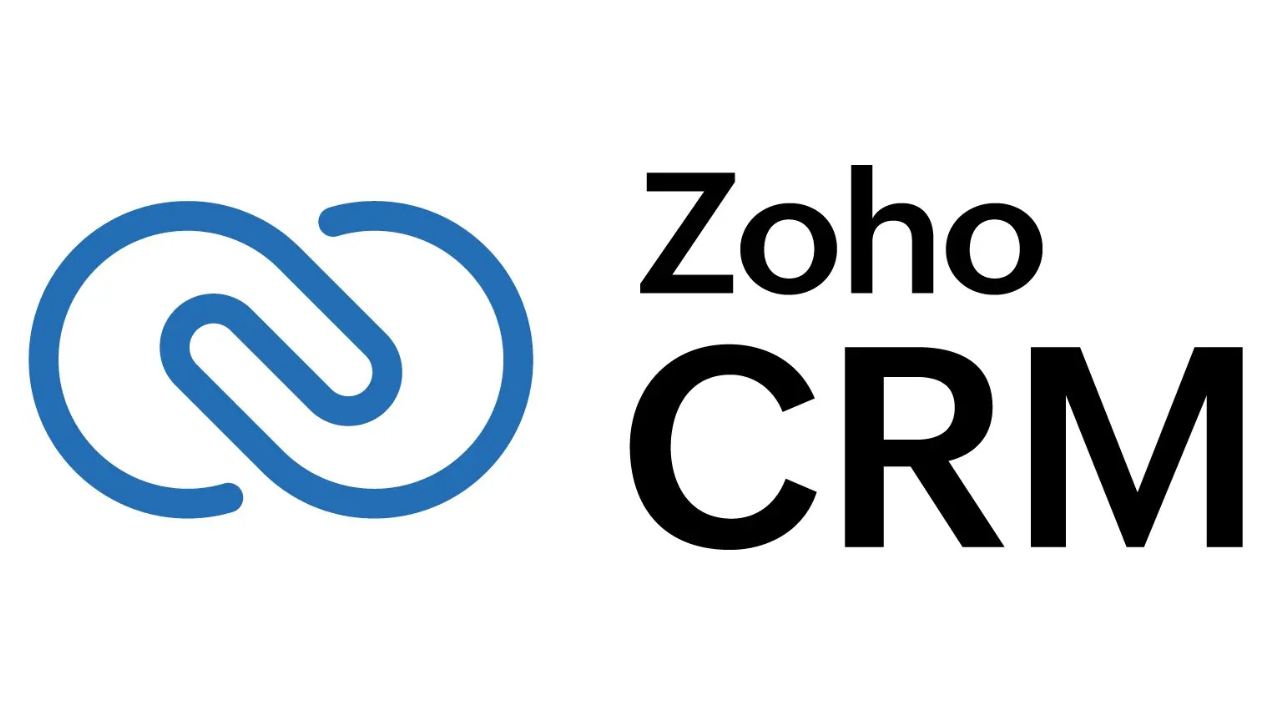
At first, Zoho felt like a bulky store with too many sections for sales, emails, and automation, which confused me. But as I kept exploring, I got to know the correct way to use it. The support team was helpful.
Features:
- AI assistants give smart sales tips.
- You can track performance with real-time reports.
- Works across email, phone, chat, and social media.
2. Insightly
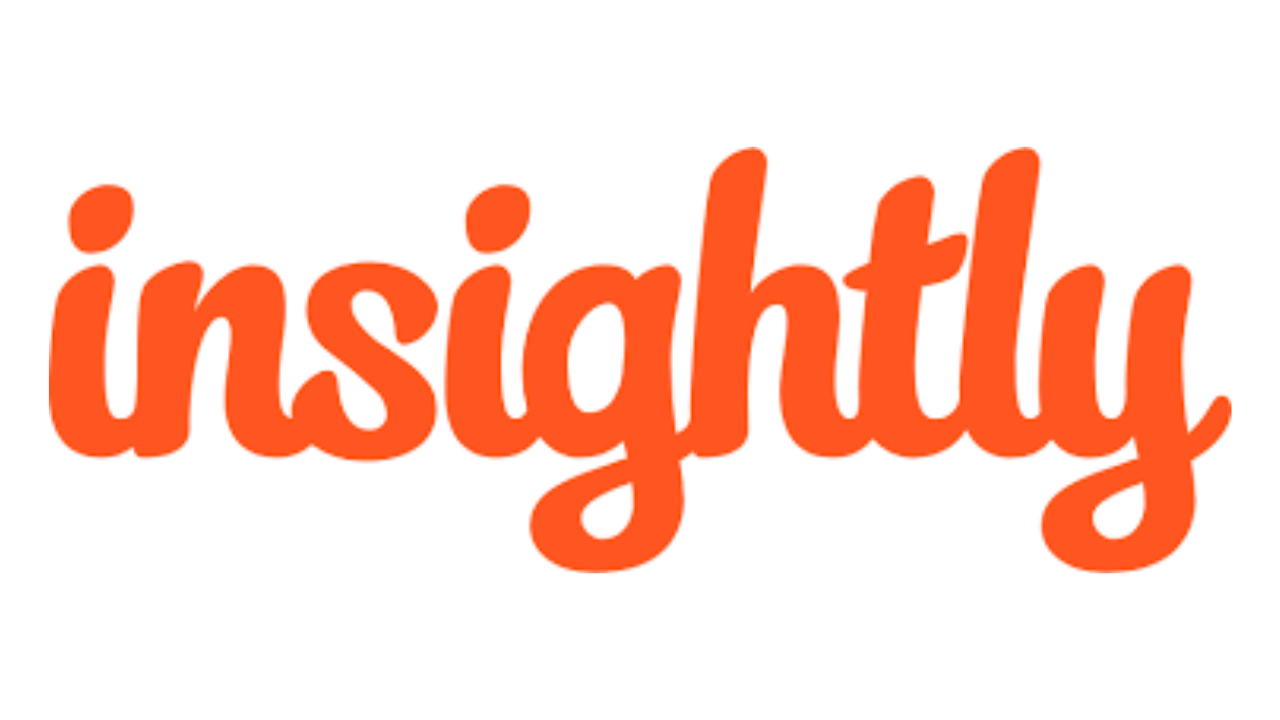
Insightly was easy to start. I linked it with Google Workspace in minutes, no IT needed. It was good for tracking leads and tasks. But after a while, it felt too basic for my needs. When I had questions, support was slow to respond. It’s good for basic automation, but for advanced tasks, a more effective tool will be needed.
Features:
- You can build custom apps without coding.
- Automates tasks and email alerts.
- The mobile app works even without the internet.
3. HubSpot

HubSpot has one of the cleanest layouts. I liked that I could start for free. Adding contacts, sending emails, and tracking tasks felt super easy. The free tools were helpful when I had a small team. But once I needed advanced features, the pricing jumped quickly. It works best for small businesses that only need the basics or for those who have the budget to go forward with it.
Features:
- You can check which leads matter most.
- Connects with many apps like Slack or Shopify.
- Includes a meeting scheduler and chatbot.
4. Creatio
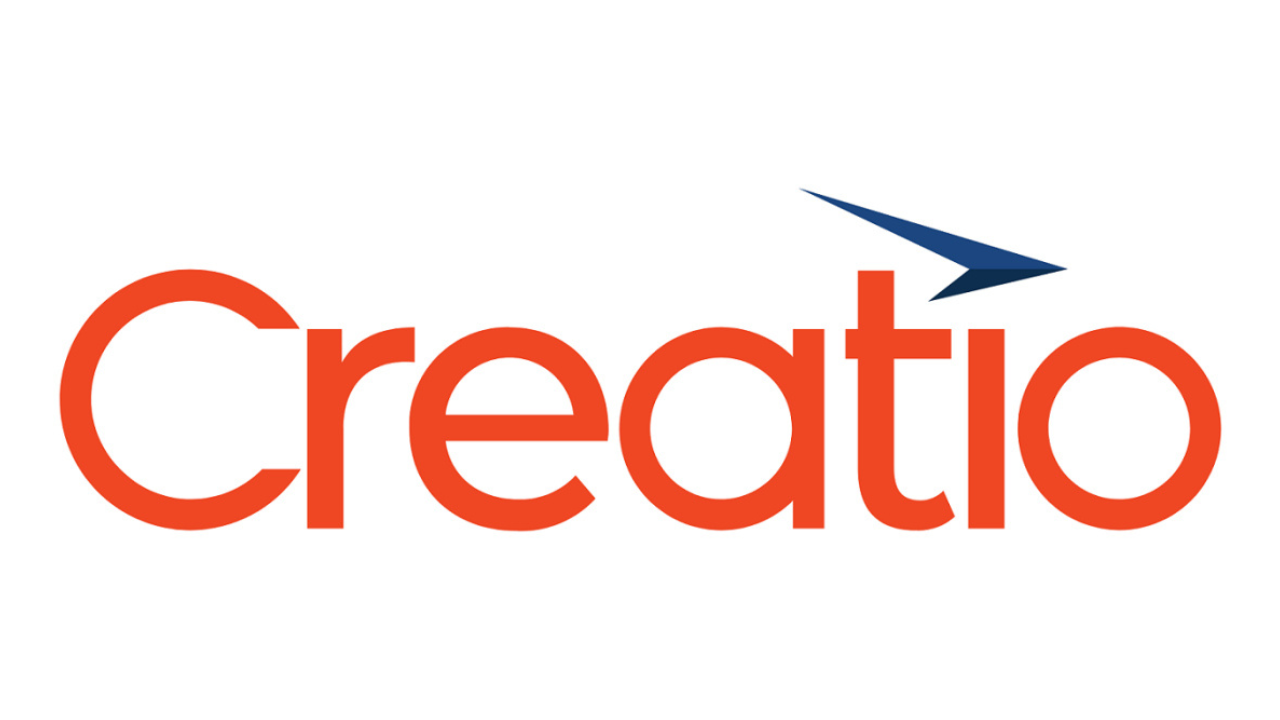
I liked the visual tools in Creatio. It was easy to build workflows without knowing the code. Their team helped me during setup, which saved time. But the system was slow on some days. And I had trouble finding answers to my questions.
Features:
- Made for different industries like finance or telecom.
- Handles marketing, sales, and support under one system.
- Teams can work together within the platform.
- It can be used on the cloud or your server.
5. Nimble
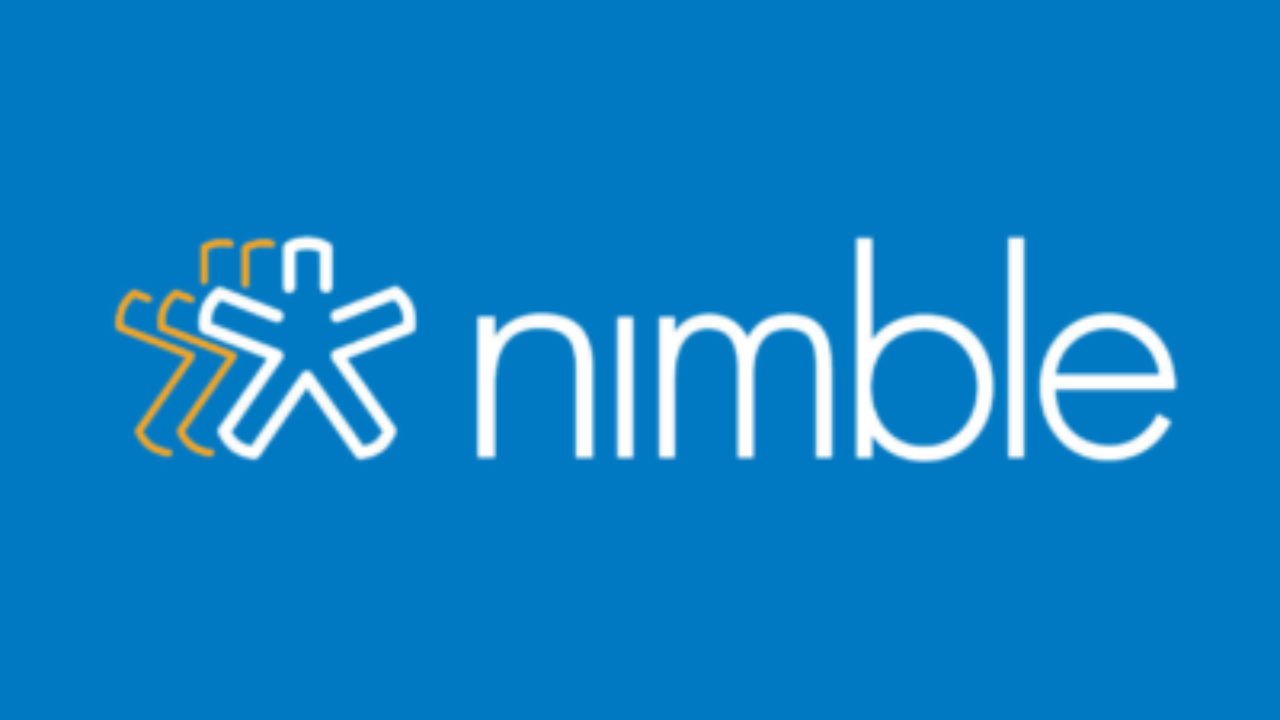
Nimble works well if your business requires reaching out to customers through email or social media. It synced contact info from my email and LinkedIn, which saved time. But it’s not made for deep reporting or managing big sales teams. It is basically for small teams handling their CRM.
Features:
- Chrome extension lets you use it anywhere online.
- Updates contacts using social and email info.
- Send bulk emails with tracking.
- Works well with Outlook and Google tools.
6. Zendesk
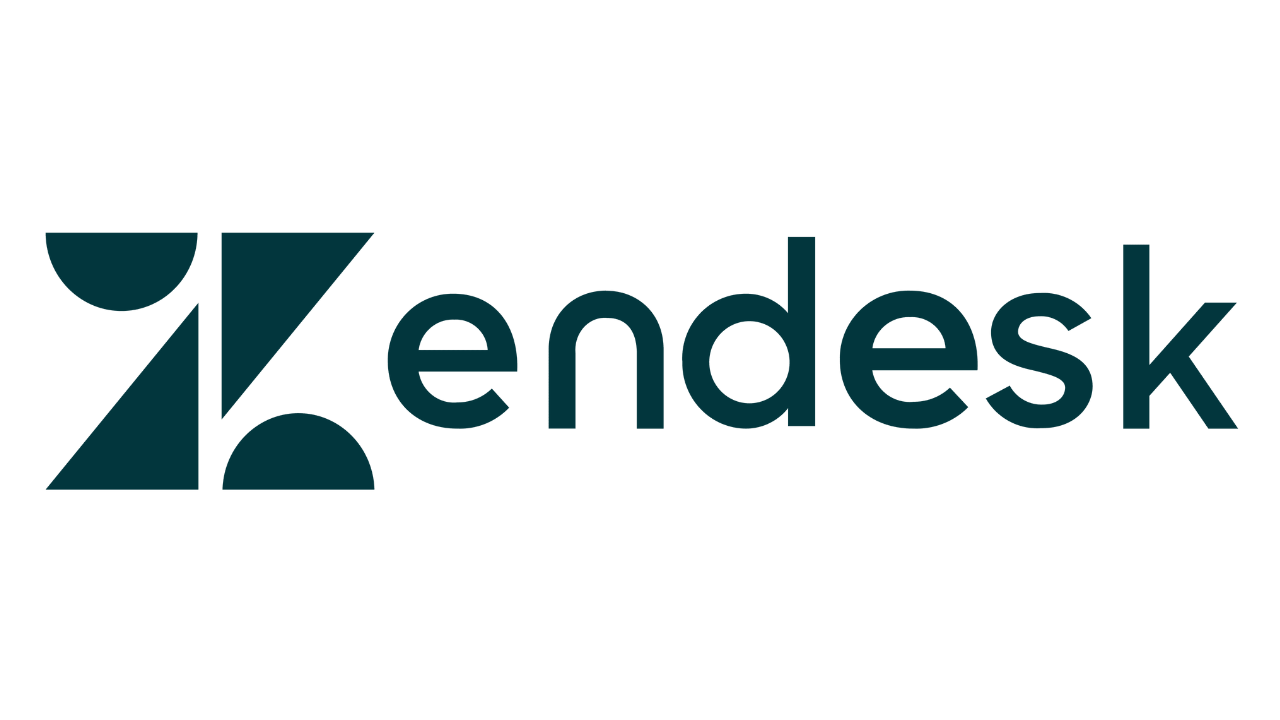
Zendesk is great for customer support. I set up ticket rules so requests can go to the right person. It kept things organized. But the billing was confusing, and I saw additional charges to the price at the time of checkout. And getting quick help from their support team wasn’t easy.
Features:
- AI bots help reply to customers faster.
- You can build a help center and forum.
- Chat with customers on websites or apps.
7. Salesforce

Salesforce felt like an all-in-one tool. It has a tool for everything, like sales, marketing, and support in one place. Salesforce is helpful for people with some experience in CRM software, as it has many features that can make you, as a beginner, feel lost. It is not for a startup or an inexperienced person. You can try this CRM software after getting basic knowledge from another platform.
Features:
- Built-in AI gives smart sales forecasts.
- Handles complex sales for big businesses.
- Free training tools to learn system navigation.
8. Monday CRM

Using Monday for projects felt easy. It lets me assign, move, and review tasks and leads side-by-side. But it takes time to set up if you’re starting from scratch.
Features:
- Comes with ready-to-use templates.
- Shows tasks in a timeline or Gantt view.
- Automates actions without needing code.
9. Pipedrive

Using Pipedrive has made my task simple with its drag-and-drop feature. I liked how easy it was to move tasks and set reminders. It kept my sales work organized. While trying to cancel, they kept billing me, which was frustrating.
Features:
- Shows future revenue and sales goals.
- Can make calls directly from the app.
- Connects with 300+ tools.
- Gives reminders and sales tips.
10. Keap

Keap combines CRM with email marketing, making the process easy to manage. It can help you create automated follow-ups, manage your customer list, and send newsletters. This is useful for small to mid-size businesses, but for larger teams, advanced software will be required.
Features:
- Let’s build landing pages and forms.
- Send automated text messages.
- Ranks leads by interest.
- Book meetings that sync to your calendar.
CRM for E-commerce that Fits into Your Business
| CRM | Price Range (user/month) | Ideal Users |
| Zoho | Free, Starting at $20 | Small to mid-size teams that need multiple tools in one place |
| Insightly | $29–$99 | Startups using Google Workspace who want a simple setup |
| HubSpot | Starting at $45 | Small businesses need basic tools, costly for scaling |
| Creatio | $25–$85 | Teams wanting no-code workflows and creative automation |
| Nimble | $24.90–$29.90 | Solo professionals focused on social selling |
| Zendesk | Starting at $19 | Customer support teams handling customer concerns |
| Salesforce | Starting at $25 | Large businesses with IT support and complex workflows |
| Monday CRM | Free, Starting at $9 | Project-based teams that want CRM within their workspace |
| Pipedrive | $14–$69 | Sales-focused users who like visual pipelines |
| Keap | Starts at $249 | Businesses wanting CRM + email marketing in one place |
Tips for Choosing the Right CRM for Your E-commerce Business
- Pick a CRM that saves time on repeated tasks.
- Try the free version before paying.
- Make sure it works with your e-commerce store and email.
- Ask for support with something tricky, see how fast they respond.
- Check for hidden costs before making up your mind.
Why is CRM Software Important?
- Keeps customer info and communication in one place.
- Tracks follow-ups and sales activity automatically.
- Automates tasks like emails and reminders.
- Helps teams stay organized and respond faster.
- Builds better relationships with customers through quick query resolution.
How to Integrate a CRM into Your E-Commerce Business?
- List out tasks you want to save time on (like follow-ups or order tracking).
- Before buying any subscription, try the free version and get used to it.
- Add your customer details, and make sure the data is updated.
- Connect your online store, email, and any other tools you use.
- Set up basic automation, like welcome emails or task reminders.
- Help your team with integrating the tool into your business.
Wrapping Up
Have you ever experienced that your business is running you, instead of you running it? That was me a year ago, chasing emails, losing track of customers, and switching between different tools. That was the time when I started looking into CRM software for my business. The tools helped me get organized, save time, and focus on growing my business.
Now it’s your turn. Stay tuned for more CRM software-related updates.
Related: Top 10 Travel Management Software: Review in 2025
Related: Top 10 Competitive Intelligence Tools for Business Growth




